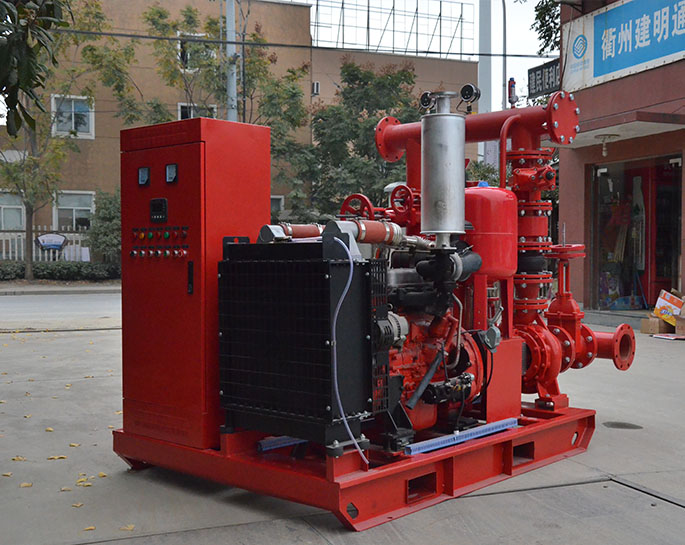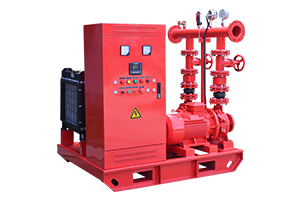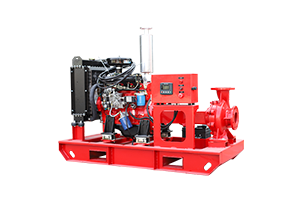Criteria for selecting a fire pump
When selecting a fire pump for a specific application, several criteria should be considered to ensure its effectiveness and reliability. Here are some important criteria to evaluate when choosing a fire pump:
-
Required Flow and Pressure: Determine the flow rate and pressure needed to meet the fire protection system's requirements. Consider factors such as the size of the protected area, the type of occupancy, and any applicable fire codes or regulations. The fire pump should be capable of providing the required flow and pressure to effectively suppress fires.
-
Pump Capacity and Rating: Evaluate the pump's capacity and rating in terms of gallons per minute (GPM) and pounds per square inch (PSI). Ensure that the pump's capacity matches or exceeds the required flow rate, and the rating meets or exceeds the required pressure.
-
Pump Type: Different types of fire pumps are available, such as centrifugal pumps, turbine pumps, and positive displacement pumps. Each type has its advantages and limitations. Consider factors such as efficiency, maintenance requirements, and suitability for the specific application when selecting the pump type.
-
Power Source: Determine the available power source for the fire pump. Common options include electric motors and diesel or gasoline engines. Consider factors such as reliability, availability of the power source, and any specific requirements or restrictions in the installation location.
-
System Compatibility: Ensure that the fire pump is compatible with the overall fire protection system, including the piping network, control panel, and associated components. Consider factors such as connection sizes, alignment, and integration requirements to ensure seamless operation and compatibility.
-
Reliability and Durability: Evaluate the pump's reliability and durability by considering factors such as the pump manufacturer's reputation, the quality of materials and construction, and any certifications or approvals relevant to the application. A reliable and durable fire pump is crucial to ensure its availability during emergencies.
-
Maintenance and Serviceability: Consider the maintenance requirements and ease of servicing the fire pump. Evaluate factors such as accessibility for routine inspections, availability of spare parts, and manufacturer support. A well-maintained fire pump is more likely to perform reliably over its operational lifespan.
-
Compliance with Codes and Standards: Ensure that the fire pump meets the applicable codes, standards, and regulations in the installation location. Consider requirements such as UL/FM certification, National Fire Protection Association (NFPA) standards, and any local or regional regulations.
-
Budget Considerations: Evaluate the cost of the fire pump, including the initial purchase cost, installation expenses, and ongoing operational and maintenance costs. Balancing the budget with the required performance and reliability is important to ensure a cost-effective solution.
-
Manufacturer Support and Warranty: Assess the manufacturer's reputation, technical support availability, and warranty terms. A reputable manufacturer with good customer support can provide assistance during installation, troubleshooting, and maintenance, ensuring a smoother experience.
It is essential to consult with fire protection engineers, system designers, and relevant authorities to ensure that the selected fire pump meets all the necessary criteria and requirements for the specific application.







